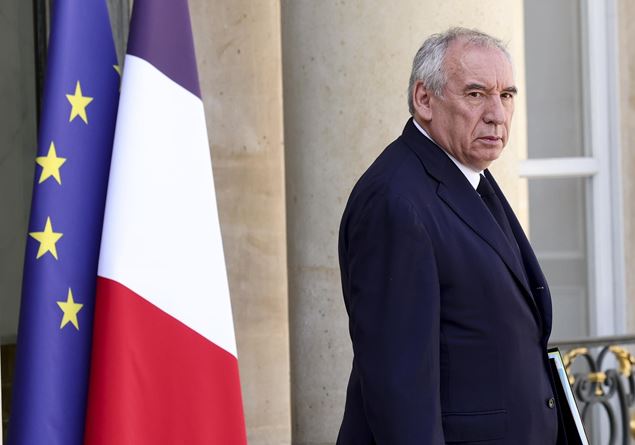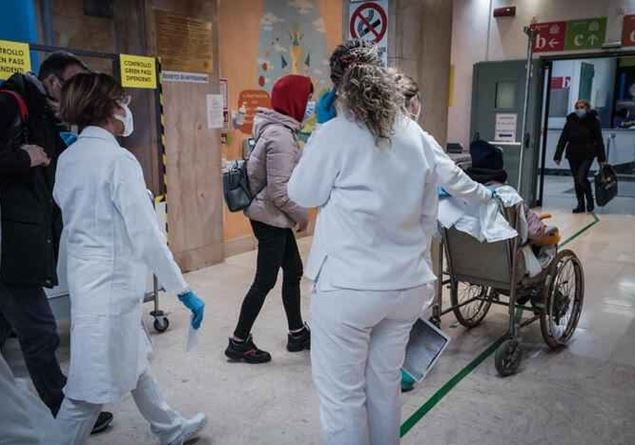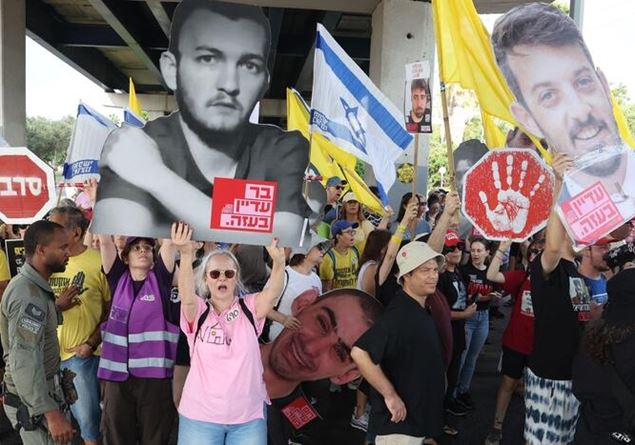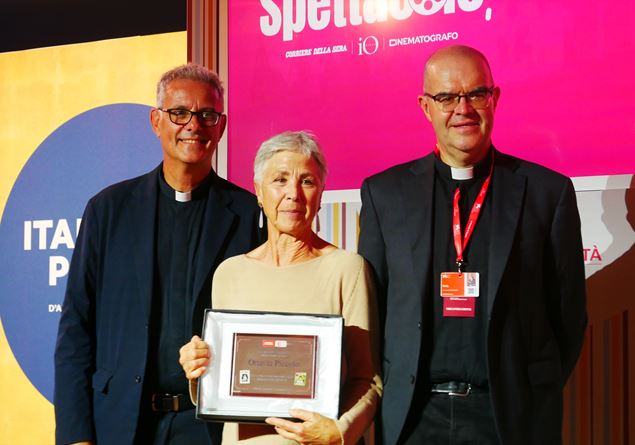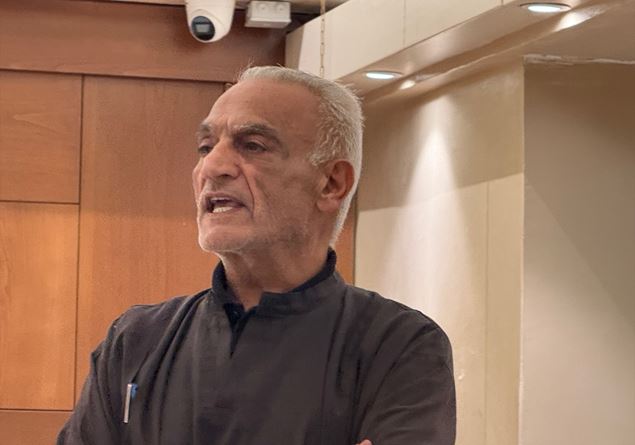When a child gets seriously ill, the life of the family turns upside down. Parents suspend the work, the brothers change school, they often sell home and goods in order to accompany the child to care, even at the cost of moving away. It happens almost 90,000 Italian families every year, overwhelmed by the so -called pediatric health mobility: forced travel to the big cities, from Rome to Milan, to access specialist treatments not always available in the territories of origin. In a third of cases, these are children with disabilities or chronic pathologies that impose long conferences and complex paths.
Behind the numbers, there are people who give up everything, including their health. “Many caregiver neglect, refer routine checks, fall into isolation or depression”, explains Maria Chiara Roti, general director of the Foundation for childhood Ronald McDonald Italia Ets. For over 25 years, the Foundation has been trying to respond to these fragility with a simple and revolutionary model: Keep families united during the cure, offering free hospitality in Case Ronald and Family Room close to the major Italian pediatric hospitals.
The impact is concrete: only in 2024, over 2,500 families have found welcome in one of the 4 Houses Ronald and 4 Family Room, avoiding spending up to 100 euros per night in the city where the real estate market is now prohibitive. From the historic house of Rome Palidoro – the largest in Italy, with 33 housing and a sea view that gives some relief – up to the projects in the pipeline in Milan and Naples, the network is destined to grow: “The goal is to double the families accepted by 2030 and build houses also for the Gemelli Polyclinic and the Federico II hospital in Naples”, continues Roti.
The reference model is that of Family Centers Carean increasingly shared approach also among the specialists who recognize the caregiver – the family member who assists the minor – as an integral part of the therapy. This was reiterated by Michele Salata, director of the Pediatric Palliative Palliative Care of the Bambin Gesù of Rome, who has just renewed the agreement with the Ronald house of Palidoro for another 20 years: «The presence of the parents is a fundamental piece. It allows to humanize the cure, helps the child, but also serves to return home, especially in the most complex or terminal cases ».
In Milan, meanwhile, the large Metropolitan Hospital Niguarda is preparing to expand its 600 square meter Family Room, a space not only for small patients, but also for those who accompany them. «The parents come here overwhelmed by an emotional tsunami -says Laura Zoppini, socio-health director of the Niguarda-must face diagnosis, fears, sometimes depression. We cannot leave them alone ».
The theme has also become central to the institutions. During the press conference “Disabilities and reception. Pediatric patients and caregiver in the center of the care”, held in the Chamber of Deputies, the Minister for Disability Alessandra Locatelli announced a bill that finally recognizes the role of family caregivers, with adequate protections, training and supports. “In Italy the first care is the family – said the minister – we must put ourselves on par with the other countries and guarantee a system of services that avoid leaving the caregiver alone”.
An appeal that goes beyond words. The Ronald Foundation has proposed that an annual free annual health check-up is offered in the affiliated hospital houses and structures. A gesture of prevention that protects those who take care, avoiding that stress and sacrifice will turn into new diseases and new social costs.
Because, as the promoters of this new welfare of the proximity have underlined for years, when a child is treated, his world must also be treated. And the first, irreplaceable, “drug” is the warmth of one’s family.



